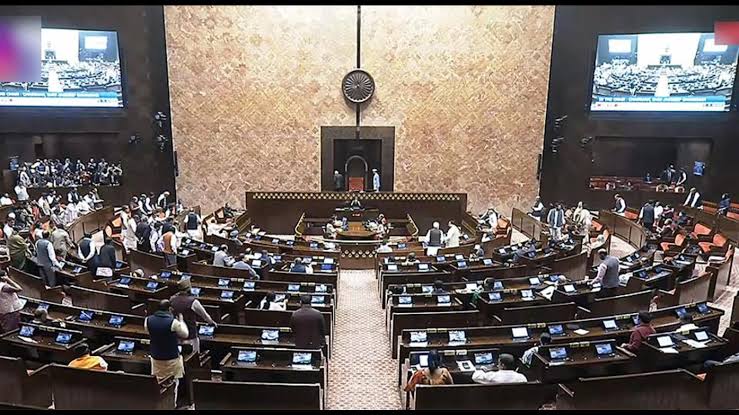Various platforms directed to block 9,845 URLs with alleged radical content

The Indian government has been proactive in addressing online radicalisation through regular investigations.
Currently, the National Investigation Agency (NIA) is handling 67 cases related to online radicalization, resulting in 325 arrests and 63 convictions.
These efforts indicate a commitment to tackling the issue, although the overall impact on radicalization rates remains uncertain.
The Ministry of Electronics and Information Technology (MeitY) has also issued directives to block 9,845 URLs containing alleged radical content from January to October 2024.
This information was disclosed by Minister of State for Home Affairs Nityanand Rai during a session in the Rajya Sabha on December 11, 2024.
The URLs targeted include those associated with communal and anti-India propaganda, which are deemed to affect the sovereignty and integrity of India.
The blocking of these URLs is conducted under Section 69A of the Information Technology Act, which allows the government to restrict access to information that threatens national security or public order.
The Minister highlighted that the use of secure messaging applications such as WhatsApp, Signal, Telegram, and others poses significant challenges for countering online radicalization.
These platforms facilitate connections among radical elements, complicating efforts by security agencies.
The National Investigation Agency (NIA) is currently investigating 67 cases related to online radicalization, resulting in 325 arrests, with 336 individuals charged and 63 convicted so far.
The government is actively monitoring cyberspace to identify and address content that may lead to radicalization, particularly targeting vulnerable youth.
The Ministry of Electronics and Information Technology (MeitY) conducts cyber patrolling to identify and track content that may promote radicalization, especially targeting vulnerable groups such as gullible, depressed, or alienated youth.
The National Investigation Agency (NIA) and state police are actively investigating cases related to online radicalization, which helps in identifying specific URLs associated with radical content.
The effectiveness of blocking URLs with alleged radical content in reducing online radicalization remains a complex issue, influenced by various factors: A significant challenge is the migration of radical elements to secure messaging applications such as Signal, Telegram, and Viber, which utilize end-to-end encryption.
This shift complicates monitoring efforts and enables radicals to connect with like-minded individuals outside the reach of traditional content moderation efforts.
Despite blocking a substantial number of URLs (9,845), studies indicate that extremist material continues to circulate online. Research shows that while content removal can be effective in the short term, it often leads to displacement rather than a reduction in overall availability.
For instance, platforms like Telegram have become primary channels for disseminating extremist content.




